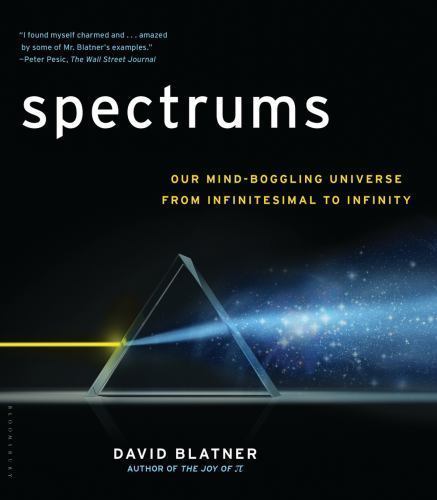

'Within the grossone framework, it becomes feasible to deal computationally with infinite quantities, in a way that is both new (in the sense that previously intractable problems become amenable to computation) and natural'. Trigiante, Computational Management Science. will have a very deep impact both on Mathematics and Computer Science.' D. Adamatzky, Editor-in-Chief of the International Journal of Unconventional Computing. 'These ideas and future hardware prototypes may be productive in all fields of science where infinite and infinitesimal numbers (derivatives, integrals, series, fractals) are used.' A. Today, Yaroslav Sergeyev, a mathematician at the University of Calabria in Italy solves this problem.

But an entirely new type of mathematics looks set to by-pass the problem. 'Mathematicians have never been comfortable handling infinities. This engaging book opens new horizons for researchers, engineers, professors, and students with interests in supercomputing paradigms, optimization, decision making, game theory, and foundations of mathematics and computer science. Their results were awarded by numerous scientific prizes. One of the editors of the book is the creator of the Infinity Computer, and another editor was the first who has started to use it in optimization. This is the first book presenting to the readers interested in optimization the advantages of a recently introduced supercomputing paradigm that allows to numerically work with different infinities and infinitesimals on the Infinity Computer patented in several countries.
#Infinity and infinitesimals book software#
He argues that working with infinity is not just an abstract, intellectual exercise but that it is instead a concept with important practical everyday applications, and considers how mathematicians use infinity and infinitesimals to answer questions or supply techniques that do not appear to involve the infinite.This book provides a friendly introduction to the paradigm and proposes a broad panorama of killing applications of the Infinity Computer in optimization: radically new numerical algorithms, great theoretical insights, efficient software implementations, and interesting practical case studies. In this Very Short Introduction, Ian Stewart discusses infinity in mathematics while also drawing in the various other aspects of infinity and explaining some of the major problems and insights arising from this concept. But there are many others, for example Fourier analysis and fractals.

The most obvious, and the first context in which major new techniques depended on formulating infinite processes, is calculus. Many vital areas of mathematics rest upon some version of infinity. Philosophers and mathematicians ranging from Zeno to Russell have posed numerous paradoxes about infinity and infinitesimals. Cosmologists consider sweeping questions about whether space and time are infinite. The infinitely large (infinite) is intimately related to the infinitely small (infinitesimal). Its history goes back to ancient times, with especially important contributions from Euclid, Aristotle, Eudoxus, and Archimedes. Infinity is an intriguing topic, with connections to religion, philosophy, metaphysics, logic, and physics as well as mathematics.


 0 kommentar(er)
0 kommentar(er)
